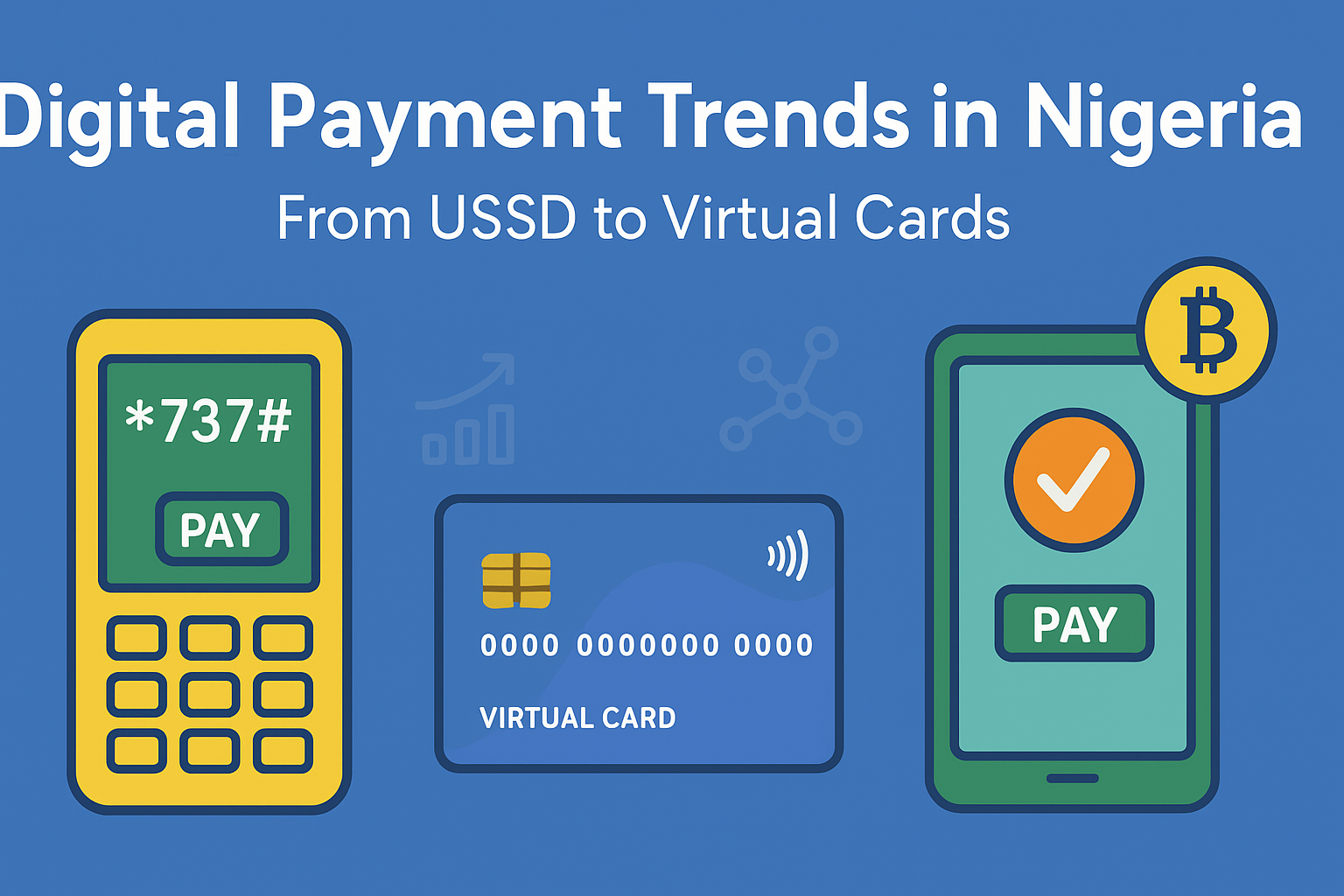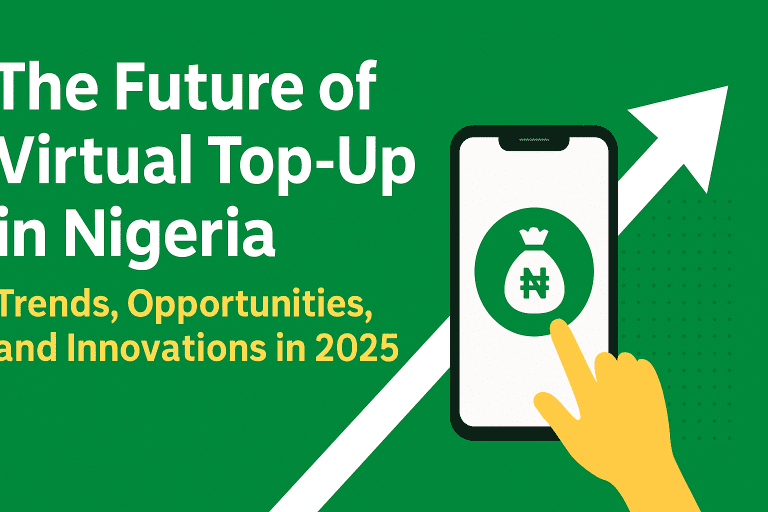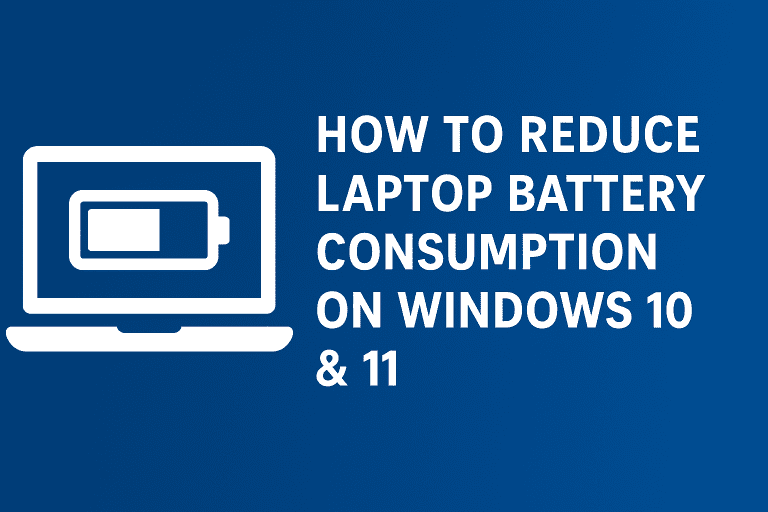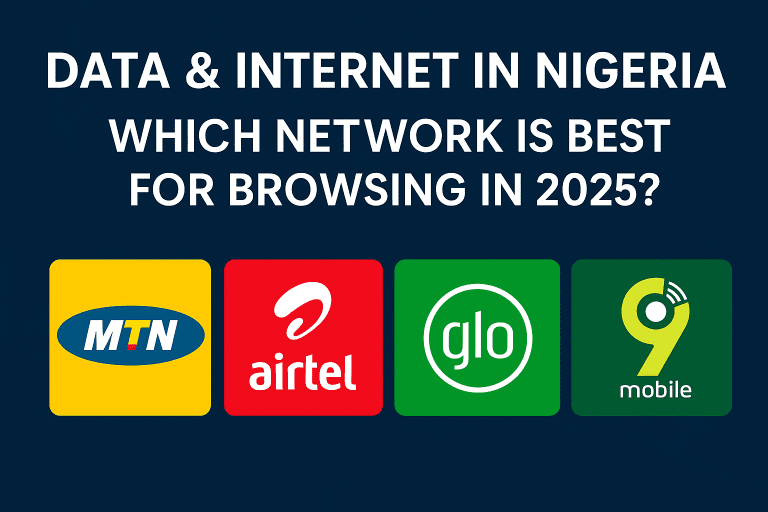Digital Payment Trends in Nigeria (2025): From USSD Codes to Virtual Cards and Beyond
Introduction: The Transformation of Digital Payments in Nigeria
The Nigerian financial sector has experienced a rapid transformation, moving from cash-heavy systems to innovative digital payment solutions. From the early days of mobile banking and USSD codes to today’s virtual cards, mobile wallets, and fintech apps, the country has embraced technology to improve financial inclusion, convenience, and security.
With over 200 million people and a growing digital economy, Nigeria is at the forefront of Africa’s fintech revolution. This article explores the journey of digital payments—from USSD to virtual cards—and highlights the future trends shaping 2025 and beyond.
The Rise of USSD Technology in Nigeria
Unstructured Supplementary Service Data (USSD) became a game-changer in Nigeria’s digital payment journey.
- Why USSD matters
- Works without internet access
- Accessible on basic mobile phones
- Simple to use (e.g., *737# for GTBank, *901# for Access Bank)
- Popular uses of USSD
- Balance checks
- Fund transfers
- Airtime/data purchase
- Bill payments
- Benefits
- Increased financial inclusion, especially for rural areas
- Affordable and fast transactions
- Challenges
- Limited security (prone to SIM swap fraud)
- Dependence on mobile networks
Despite its limitations, USSD remains a critical payment channel in Nigeria, especially for millions without smartphones or stable internet.
Read also: Top Digital Skills You Should Learn in 2025
The Emergence of Virtual Cards in Nigeria
As internet access expanded and online shopping grew, virtual cards became an essential tool for secure payments.
- What are Virtual Cards?
Virtual cards are digital-only debit or credit cards generated instantly on banking apps or fintech platforms. - Benefits
- Enhanced security (unique card details for each transaction)
- Ideal for international transactions (Netflix, Amazon, Spotify, etc.)
- Easy to manage—users can set spending limits, freeze, or delete cards instantly
- Examples in Nigeria
- GTBank’s Dollar Virtual Card
- Access Bank’s Visa Virtual Card
- Fintechs like Flutterwave Barter, ALAT by Wema, Kudabank
- Why Nigerians love virtual cards
- Safer online payments
- Convenient for freelancers receiving international payments
- Avoids carrying physical cards
Future Trends in Digital Payments in Nigeria (2025 and Beyond)
Looking ahead, several trends will define Nigeria’s digital payment future:
- Biometric Authentication
- Fingerprint and facial recognition for safer, faster transactions.
- Already being tested by some fintechs and banks.
- Fintech-Bank Collaborations
- Fintech startups like Paystack, Flutterwave, OPay, and PalmPay are partnering with banks.
- Expansion of peer-to-peer (P2P) payments and mobile wallets.
- Blockchain & Cryptocurrency
- Blockchain for cross-border payments and fraud prevention.
- Crypto adoption (despite regulations) continues among Nigerians for global transactions.
- Contactless & QR Code Payments
- Growing use in supermarkets, transport, and e-commerce.
- Speeds up retail payments and reduces reliance on cash.
- AI & Personal Finance Management
- Banking apps are integrating AI tools for spending insights, budgeting, and fraud detection.
Conclusion: Nigeria’s Digital Payment Revolution
Nigeria’s journey from USSD codes to virtual cards reflects how technology is driving financial inclusion and convenience. With innovations in biometrics, blockchain, and fintech apps, Nigerians can expect faster, safer, and more inclusive payment systems.
For individuals, embracing these tools means secure and efficient transactions. For businesses, it unlocks access to a cashless economy that fosters growth in Africa’s largest market.







